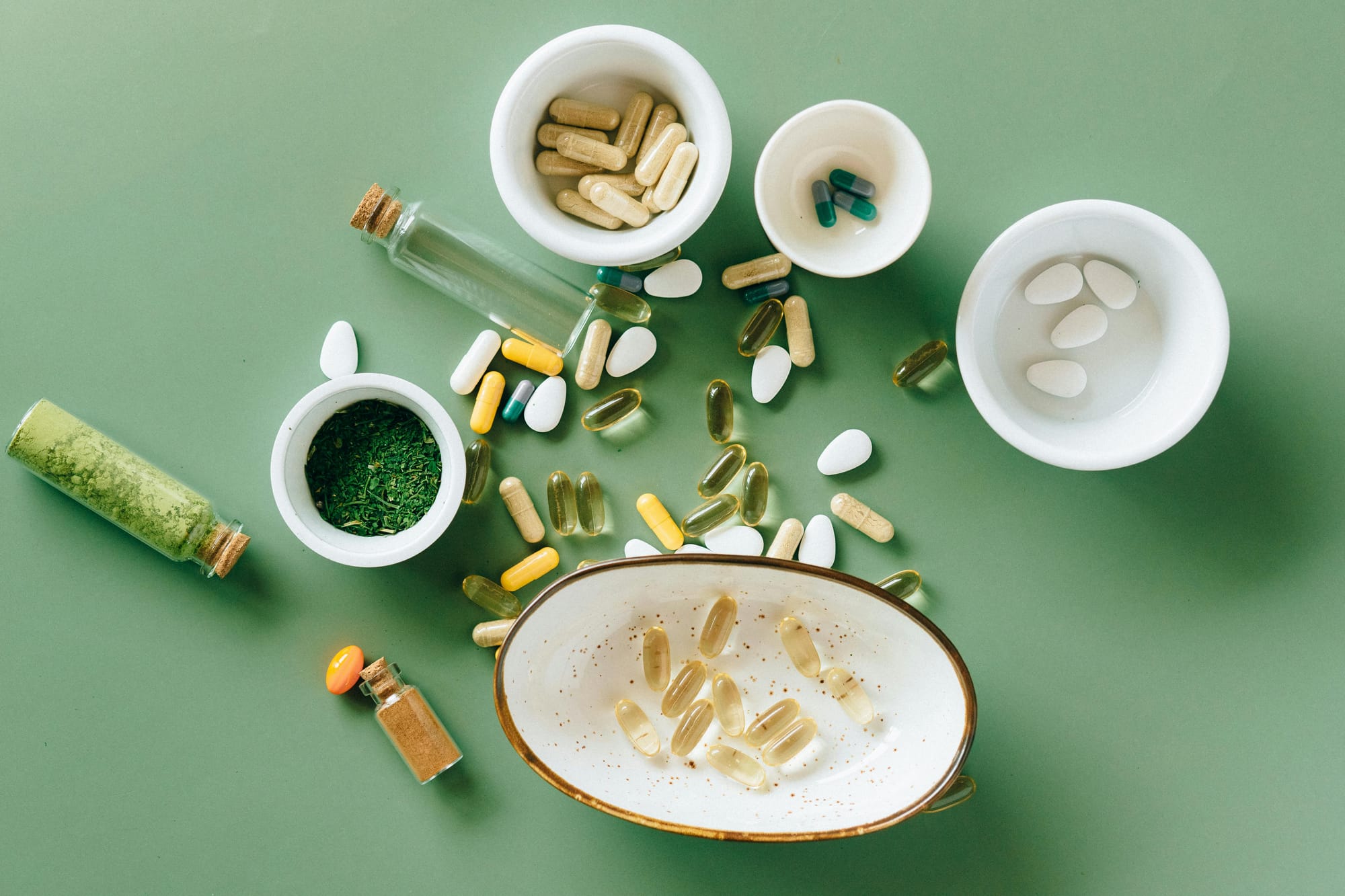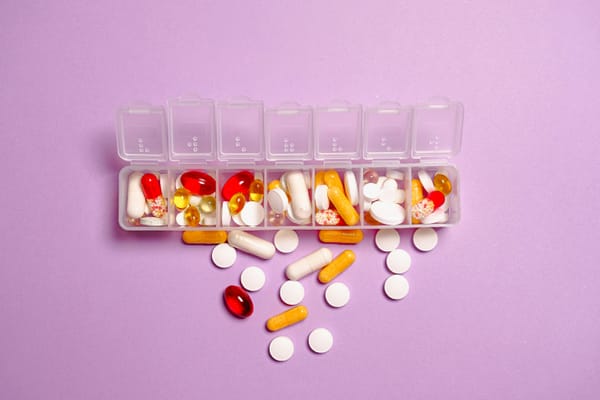Hope you are well my friend, and had a good weekend.
Supplements are at the top of my mind today.
Sometimes they get a bad rap for various reasons – but I'm not sure why.
Their name displays exactly what they are to be intended for: to act as a supplement.
A bridge to help fill in certain gaps in a diet.
It's something that every diet could do with for various reasons to be honest - particularly if you are trying to be optimal and not just adequate.
But are all supplements created equal?
The simple answer is no.
The more nuanced answer is still no, but I'm here to give you an understanding as to why.
If you’re still getting your supplements from random brands & stores, you should re-evaluate that.
— Jeffrey Boadi (@jeffreyboadi_) November 3, 2024
Supplement quality matters.
Look for brands that are third-party tested for quality, purity and verified for ingredients so you aren’t getting random dosages that do nothing.
Lack of clarity despite regulation
The supplement industries in both the US and the UK are regulated to a degree, by the Dietary Supplement Health and Education Act (DSHEA) and the Food Standards Agency (FSA).
They leave the responsibility with the manufacturer to ensure that products are properly labelled and are accurate in terms of dosages, ingredients etc.
But this has been put into scrutiny in many areas.
In the US, major stockists like GNC and Target have been found to be selling supplements that don't contain what is on the label – and in the UK protein powders have been shown to contain inadequate amounts compared to what is on the label, along with other performance supplements.
Such instances have been a key driver in the emergence of third-party organisations such as Informed Sport and the National Sanitation Foundation (NSF).
These organisations test supplements for purity, heavy metals, pesticides, and also ensure that products do not contain contaminants and other additives that might be detrimental to professional athletes.
So how does this benefit you and me?
If we are spending money on a supplement that delivers a certain set of promises on the label, we don't want to be conned, right?
For that reason it makes sense to lean towards supplements that actually put money and effort into getting third-party testing to ensure the what is on the label is actually in the product.
When a supplement company is open about their process and decides to use an independent organisation to verify the ingredient quality, purity and dosage of their products, that leaves us as a consumer in a more relaxed frame of mind.
The fact that regulatory bodies in the US and UK put the responsibility solely in the hands of the manufacturer means that we have to trust and rely on them.
But if they aren't getting third-party testing done, how can we be sure to trust them?
I think this is a fair lens through which to look at this.

We know the benefits of many supplements for improved health and filling in gaps.
I've spoken at length about the likes of Vitamin D, Zinc, Magnesium, B-Vitamins, creatine and so on – and if we can ensure quality, then we are in a great place.
So now the question you're going to ask me is probably this: what brands do I recommend?
There are many quality ones out there, but these four – which are in no particular order and with no affiliation to myself – are right up there in terms of quality, and pride themselves on independent testing:
These four are often ones that I personally seek out regularly when finding high-quality supplements that do what they say on the bottle, and are of superior quality.
This response to my tweet just about sums up my thoughts on it:
Never buy your supplements from the same place you buy your toilet roll
— Berra_Be_Healthy 🚢 (@BerrabeTommy) November 3, 2024
You are unlikely to find top quality supplements with independent verification and certificates of analysis in your average grocery store.
Does this mean we might have to spend a bit more money? It's likely – but ultimately you get what you pay for.
Look out for those brands – and any others that have the NSF/Informed Sport/Independent testing – and I believe you'll be in a much better position when it comes to your supplement quality.
Because it matters.
Stay healthy,
Jeff
PS: If you got value from this email, I have a very small favour to ask: if you felt it gave you a lot of value, I ask that you send it to two of your friends who you think might benefit from it (and who aren't already on the mailing list). Catch you soon!
